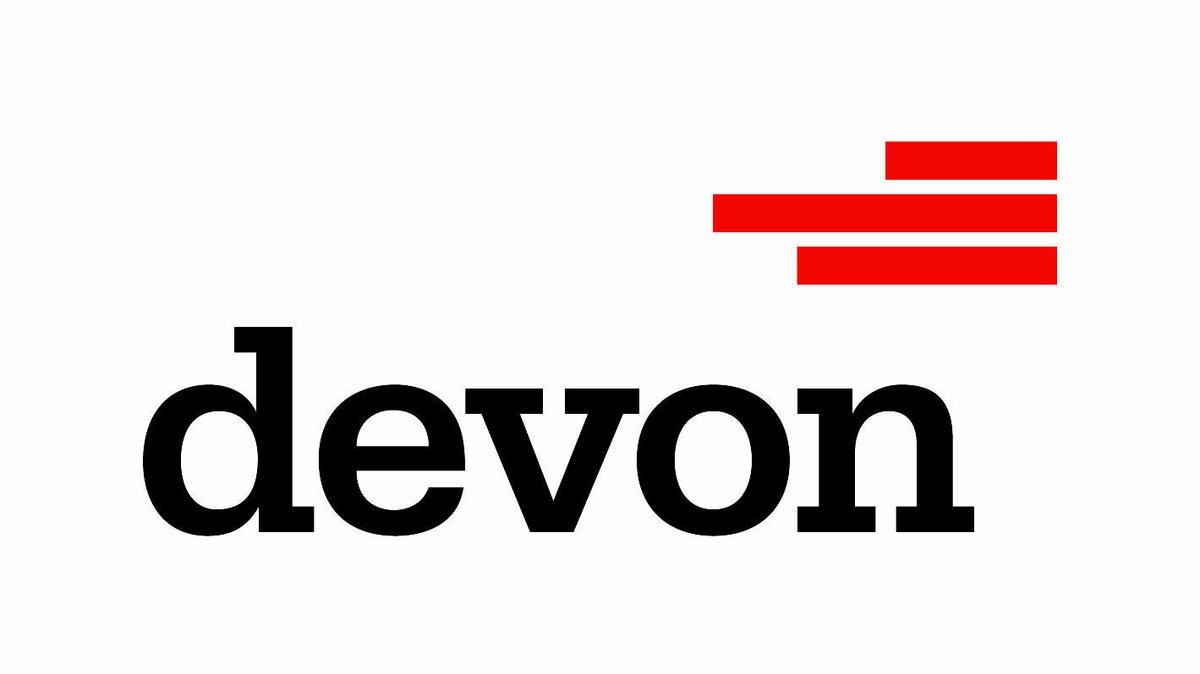|
Digital Career Fair
Civil EngineerCivil engineers conceive, design, build, supervise, operate, construct and maintain infrastructure projects and systems in the public and private sector, including roads, buildings, airports, tunnels, dams, bridges, and systems for water supply and sewage treatment. Many civil engineers work in planning, design, construction, research, and education.(Source)
|
|
Job Details
Education Requirements and preparation
Education
Civil engineers need a bachelor’s degree in civil engineering, in one of its specialties, or in civil engineering technology. Programs in civil engineering and civil engineering technology include coursework in math, statistics, engineering mechanics and systems, and fluid dynamics, depending on the specialty.
Experience
Most licensing boards require the demonstration of about four years of progressive engineering experience. More information can be found on ASCE's website.
Examination
The initial Fundamentals of Engineering (FE) exam can be taken after earning a bachelor’s degree. Engineers who pass this exam commonly are called engineers in training (EITs) or engineer interns (EIs). After meeting work experience requirements, EITs and EIs can take the second exam, called the Principles and Practice of Engineering.
Licensure
Licensure requirements vary from state to state; civil engineers usually must be licensed if they provide services directly to the public. Each state issues its own licenses. Most states recognize licensure from other states, as long as the licensing state’s requirements meet or exceed their own licensure requirements. Several states require continuing education for engineers to keep their licenses.
A degree from a program accredited by ABET is needed to earn the professional engineer (PE) license. In many states, a bachelor’s degree in civil engineering technology also meets the academic requirement for obtaining a license. Further education after the bachelor’s degree, along with the PE license and previous experience, is helpful in getting a job as a manager.
(Adapted from: Source)
Civil engineers need a bachelor’s degree in civil engineering, in one of its specialties, or in civil engineering technology. Programs in civil engineering and civil engineering technology include coursework in math, statistics, engineering mechanics and systems, and fluid dynamics, depending on the specialty.
Experience
Most licensing boards require the demonstration of about four years of progressive engineering experience. More information can be found on ASCE's website.
Examination
The initial Fundamentals of Engineering (FE) exam can be taken after earning a bachelor’s degree. Engineers who pass this exam commonly are called engineers in training (EITs) or engineer interns (EIs). After meeting work experience requirements, EITs and EIs can take the second exam, called the Principles and Practice of Engineering.
Licensure
Licensure requirements vary from state to state; civil engineers usually must be licensed if they provide services directly to the public. Each state issues its own licenses. Most states recognize licensure from other states, as long as the licensing state’s requirements meet or exceed their own licensure requirements. Several states require continuing education for engineers to keep their licenses.
A degree from a program accredited by ABET is needed to earn the professional engineer (PE) license. In many states, a bachelor’s degree in civil engineering technology also meets the academic requirement for obtaining a license. Further education after the bachelor’s degree, along with the PE license and previous experience, is helpful in getting a job as a manager.
(Adapted from: Source)
Salary Range and Job Prospects
According to the Bureau for Labor Statistics, the median annual wage for civil engineers was $86,640 in May 2018.
Employment of civil engineers is projected to grow 6 percent from 2018 to 2028, about as fast as the average for all occupations. As infrastructure continues to age, civil engineers will be needed to manage projects to rebuild, repair, and upgrade bridges, roads, levees, dams, airports, buildings, and structures of all types. (Source)
Employment of civil engineers is projected to grow 6 percent from 2018 to 2028, about as fast as the average for all occupations. As infrastructure continues to age, civil engineers will be needed to manage projects to rebuild, repair, and upgrade bridges, roads, levees, dams, airports, buildings, and structures of all types. (Source)
Key skills and competencies
- Read and understand work-related materials.
- Write and speak clearly so other people can understand.
- Combine several pieces of information and draw conclusions.
- Notice when something is wrong or is likely to go wrong.
- Recognize when important changes happen or are likely to happen in a system.
- Think of new ideas about a topic or think of original, unusual, or creative ways to solve problems.
- Judge the costs and benefits of a possible action.
- Use math skills and scientific methods to solve problems.
- Imagine how something will look if it is moved around or its parts are rearranged.
- Identify a pattern (a figure, object, word, or sound) that is hidden in distracting material.
- Quickly and accurately compare letters, numbers, objects, pictures, or patterns.
Related Activities
- Civil Engineering Coloring Sheet from Engineer Week
- Explore Become A Civil Engineer
- Explore the fun and challenge of engineering with the help of the American Society of Civil Engineer's extensive gallery of more than 100 hands-on civil engineering activities.
- Look through and complete some of the activities on ASCE's Everyday Engineering: STEM @ Home webpage
Other Videos in this Collection
Page Last Updated: 4/15/2020










